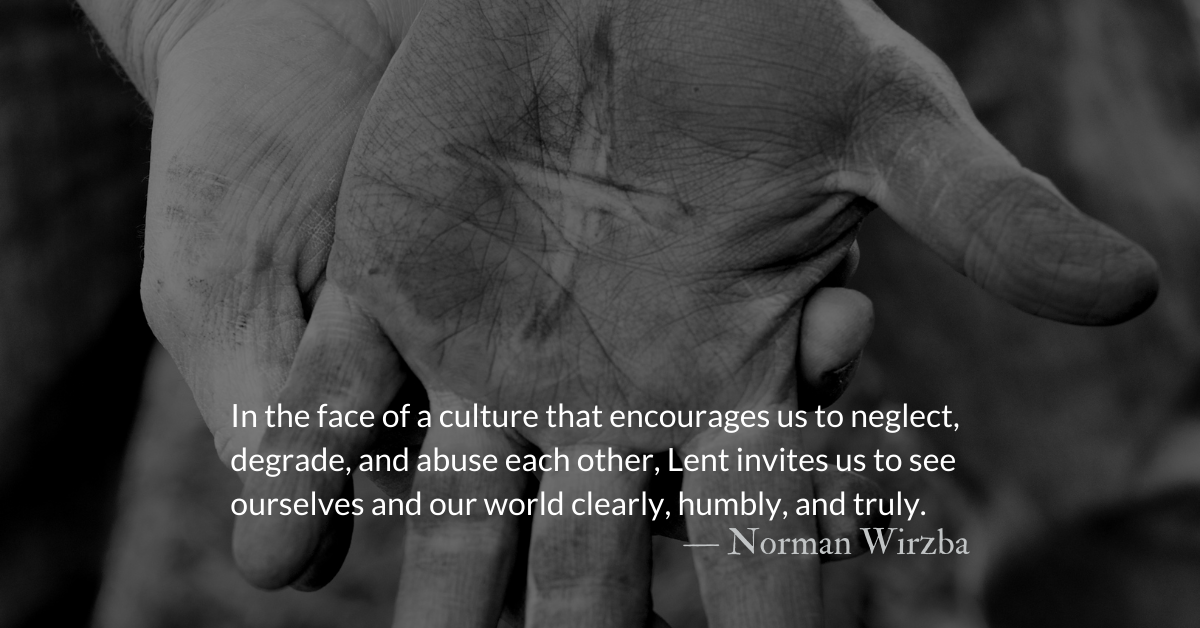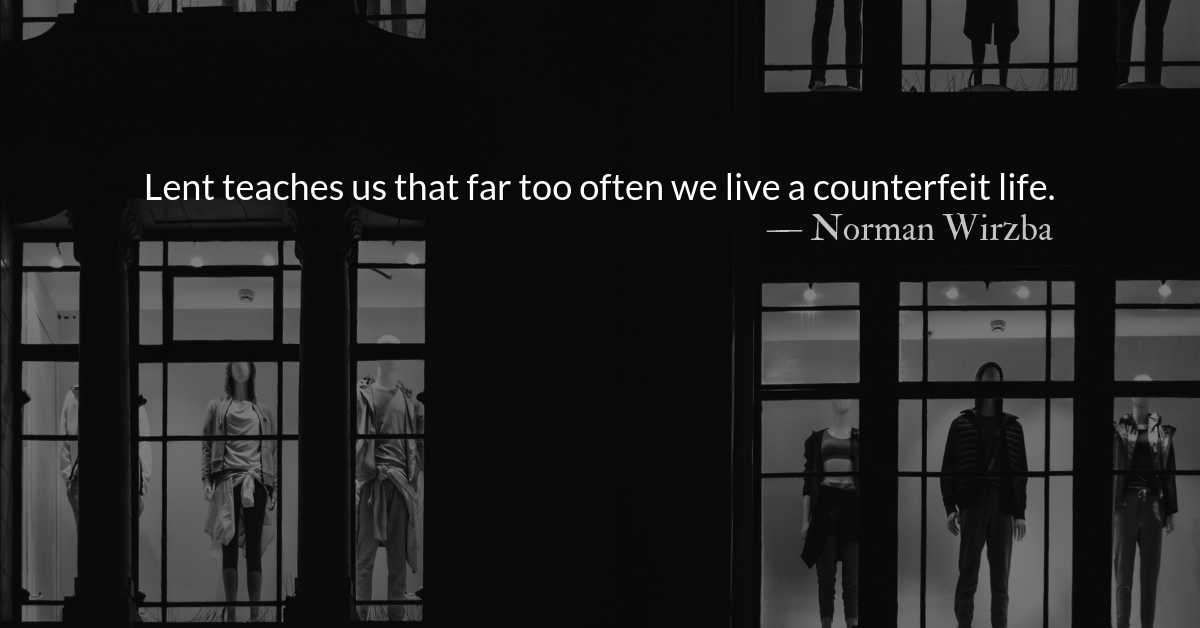Scripture Focus: Luke 18.35-43
35 As Jesus approached Jericho, a blind man was sitting by the roadside begging. 36 When he heard the crowd going by, he asked what was happening. 37 They told him, “Jesus of Nazareth is passing by.”
38 He called out, “Jesus, Son of David, have mercy on me!”
39 Those who led the way rebuked him and told him to be quiet, but he shouted all the more, “Son of David, have mercy on me!”
40 Jesus stopped and ordered the man to be brought to him. When he came near, Jesus asked him, 41 “What do you want me to do for you?”
“Lord, I want to see,” he replied.
42 Jesus said to him, “Receive your sight; your faith has healed you.” 43 Immediately he received his sight and followed Jesus, praising God. When all the people saw it, they also praised God.
Reflection: Types of Blindness
By John Tillman
Impairment of visual acuity means people need to be closer to something to see it clearly than those with normal vision. Impairment of one’s field of vision can mean blind spots or tunnel vision. These occur to different degrees, and some forms of blindness are temporary.
On Jesus’ final trip to Jerusalem, he healed a blind man. Right before this, Luke described the disciples as having a type of temporary blindness. Jesus spoke very clearly about what would happen to him in Jerusalem, but his meaning was hidden from them. (Luke 18.31-34)
We sometimes over-analogize Jesus’ healings to the point where we almost forget about the people he healed. We can also draw wrong conclusions when we let the analogies escape the context of scripture. Jesus’ miracles are not all soteriological analogies, and we can make mistakes when we apply them that way. That being said, Jesus and the gospel writers who tell us about him applied meaning and symbolism to many of Jesus’ miracles.
Jesus’ healings and miracles indicate his identity, mark his mission, and prove his promises.
John the Baptizer questioned Jesus’ identity, asking, “Are you the one?” (Matthew 11.3). Jesus told John’s messengers to describe his actions, beginning with healing the blind. Jesus listed the healing of many other types of impairments, ending with the dead being raised and the gospel being proclaimed to the poor. Both Jesus’ identity and mission are revealed in these actions.
Mary and Martha questioned Jesus when he delayed coming, allowing their brother Lazarus to die. So did the crowd. They muttered, “Could not he who opened the eyes of the blind man have kept this man from dying?” (John 11.37) Jesus promised Martha that he was the resurrection and the life. Lazarus’ resurrection was a preview of the ultimate proof of Jesus’ promise to her, which was his own resurrection just a few days later.
Even those who already believe can be blinded. The blind man already believed. Before his healing, he called Jesus “Son of David.” The disciples believed, but they had blind spots and a tunnel vision focused only on political salvation.
There are many types of blindness. Jesus heals them all.
Do you have tunnel vision, focused on one narrow definition of Jesus’ kingdom? Do you have blind spots of doubt? Are you blinded by loss or pain? Call out to the Son of David. Come closer to him and be healed.
Divine Hours Prayer: The Greeting
Be exalted, O Lord, in your might; we will sing and praise your power. — Psalm 21.14
– From The Divine Hours: Prayers for Summertime by Phyllis Tickle.
Today’s Readings
Zechariah 9 (Listen 3:01)
Luke 18 (Listen 5:27)
Read more about The King We Want
I’ve sent a king, God says
He rode in on a donkey
My servants prophesied him
You rebels crucified him
Read The Bible With Us
It’s never too late to join our Bible reading plan. Immerse in the Bible with us at a sustainable, two-year pace.











